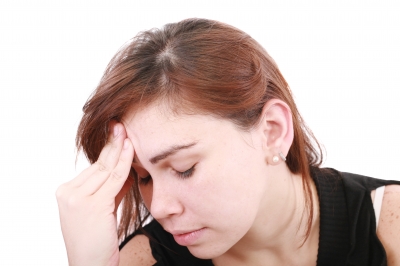 Various studies have recorded a significant link between depression and parenting styles characterized by low care and high control (McGinn, Cukor, & Sanderson, 2005; Mezulis, Hyde, & Abramson, 2006). Using the Parental Bonding Instrument (PBI) developed by Parker, Tupling and Brown (1979, cited in Enns, Cox & Clara, 2002) , McGinn et al. (2005) were able to separate adolescents into four categories according to the style of parenting by which they were raised. One of these categories, affectionless control, closely resembles the authoritarian parenting style in Baumrind’s classification system and is characterized by low care and high overprotection. McGinn et al. (2005) found that persons exposed to this parenting style were more depressed than persons who experienced a different style of parenting. Another group of researchers (Radziszewska, Richardson, Dent, & Flay, 1996, cited in McPherson, 2004) found that uninvolved (or neglectful) parenting was associated with the highest level of depressive symptoms among adolescents while the authoritative parenting style was significantly related to lower symptom levels. Continue reading →
Various studies have recorded a significant link between depression and parenting styles characterized by low care and high control (McGinn, Cukor, & Sanderson, 2005; Mezulis, Hyde, & Abramson, 2006). Using the Parental Bonding Instrument (PBI) developed by Parker, Tupling and Brown (1979, cited in Enns, Cox & Clara, 2002) , McGinn et al. (2005) were able to separate adolescents into four categories according to the style of parenting by which they were raised. One of these categories, affectionless control, closely resembles the authoritarian parenting style in Baumrind’s classification system and is characterized by low care and high overprotection. McGinn et al. (2005) found that persons exposed to this parenting style were more depressed than persons who experienced a different style of parenting. Another group of researchers (Radziszewska, Richardson, Dent, & Flay, 1996, cited in McPherson, 2004) found that uninvolved (or neglectful) parenting was associated with the highest level of depressive symptoms among adolescents while the authoritative parenting style was significantly related to lower symptom levels. Continue reading →







